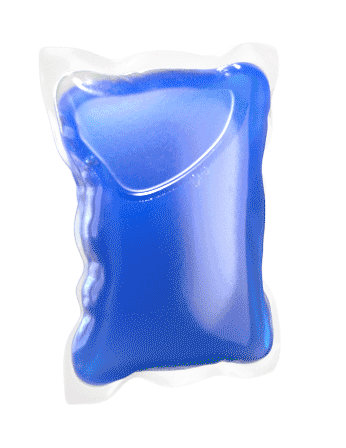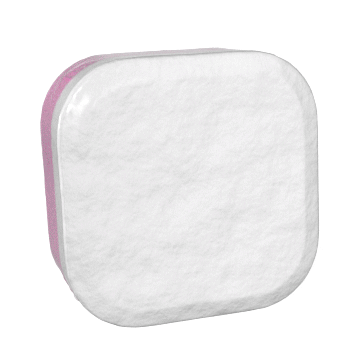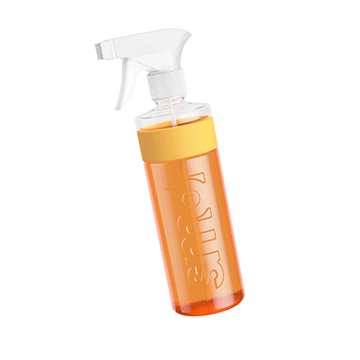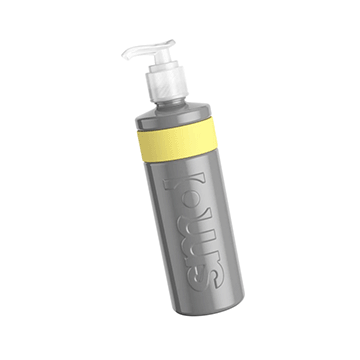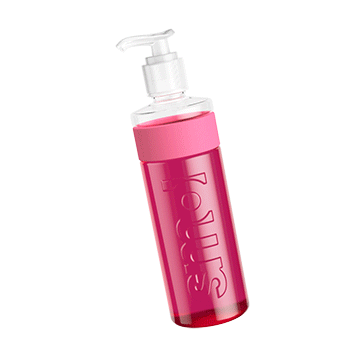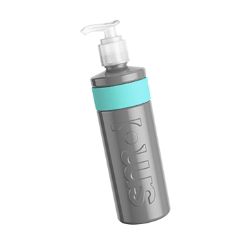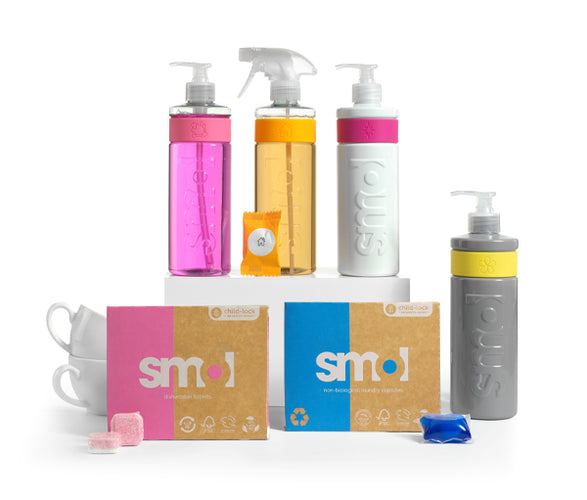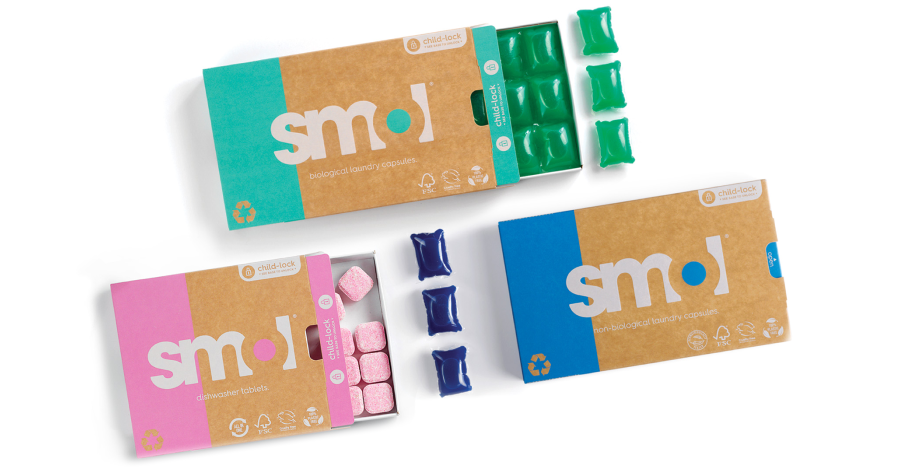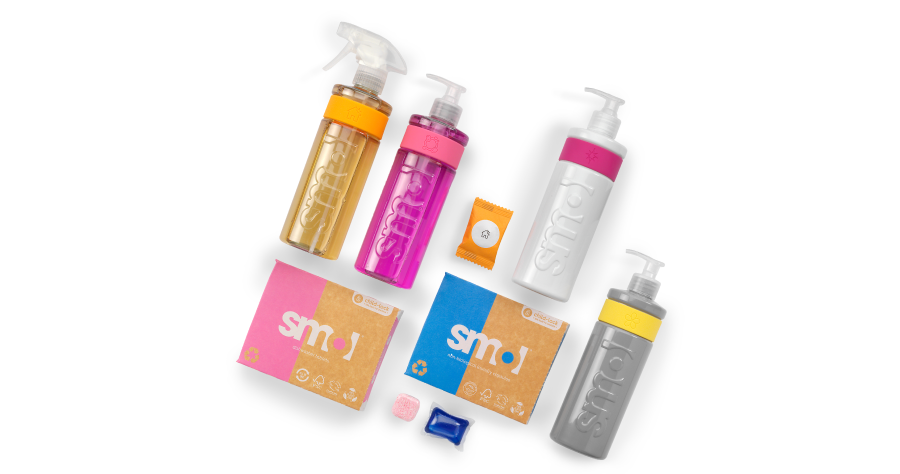
The 27th January 2024 marks Parent Mental Health Day.
It’s all about raising awareness around the importance of supporting the mental health of parents and carers; people who mostly focus on maintaining their children’s health, whilst often neglecting their own.
5 easy lifts on Parent Mental Health Day.
As parents, we’re short of time. It can feel like putting our own mental well-being first is impossible, but there are things we can include in our daily life that can support our mood:
-
taking a walk
-
speaking with a friend
-
writing a diary entry
-
1 minute of slow focused breathing
-
… and who knew? - doing household chores!
More and more studies are showing the benefits of doing the housework. So let’s look at 5 easy gains for a parent's mental health that get the house clean too!
1. wash up for the win.
Mindfully washing up both calms the mind AND decreases stress¹. Scientists wondered whether everyday humdrum activities trigger mindfulness and increase an overall sense of well-being.
They found that when we focus on the smell of the dish soap, the temperature of the water and the feel of the dishes, we experience a drop in nervousness and increasing inspiration.
Thankfully our washing up liquid has an incredible pink grapefruit smell, so if you’re washing up with smol you’re already one third of the way there to mindful washing up!
2. tidy up for an up.
It’s no surprise that mess = stress.
Research from 2020² shows a link between living in a mess and depression. High levels of the stress hormone cortisol are linked to cluttered environments, and high cortisol levels are in turn found with depression… so the link is perhaps unsurprising.
But positive news comes as research³ also shows that tidying up has several positive effects.
It helps us gain a sense of control over our environment and the repetitive tidying action can calm our mood. Not to mention it can also provide a sense of achievement and satisfaction.
3. vacuuming va va voom.
And who knew that taking on a household chore that involves a little more movement can really reduce our levels of depression?
Researchers⁴ found that just ONE weekly 20-minute session of housework that involved some walking (such as vacuuming our carpets around the home) reduced the risk of depression by up to 20%.
4. iron out the stress.
Shutting off our brain and stopping the thoughts is a great way to relax. But it can be hard to zone out to this level… we’re not all Buddhist monks.
Meditating into a blissful state means certain brain waves (theta and alpha) have taken over. These brain waves are the ones we experience when deeply relaxed, for example when we are enjoying a warm bath and when we are just dropping off to sleep.
Useful to know then, that repetitive, rhythmic ironing can help us achieve these brain waves also, and that’s going to mean increased feelings of wellbeing, more protection against depression and a nice boost for our immune system. And neatly pressed clothes!
5. clean sheet retreat.
Washing our bed sheets can have an amazing impact on our mental health⁵.
-
54% of us say our mood is lighter when we’ve changed our bedding.
-
41% feel we have slept better when we’ve been using clean sheets.
-
16% of us find we have also got to sleep quicker when the bedding is clean.
Luckily smol laundry capsules make clean sheets a breeze and with both bio or non-bio you’ll see fantastic results for all skin types. Like your bedding to have a slightly stronger scent? You can also add in our animal fat-free fabric conditioner for wonderfully soft bedding that smells divine.
smol things make a big difference.
Our 5 cleaning mood boosters above are easy to take on and should give you a real feeling of achievement. And that’s a good way to feel better this Parent Mental Health Day.
And if it’s sparked a cleaning bug… remember - if you want to dip your toe into the world of more sustainable cleaning for your home, you can’t get better than smol.
Head over to our FREE TRIALS and start your New Year off with some easy sustainable swaps.
FREE TRIALS
1 Florida State University 2015
2 BMC Public Health 2020 The relationship between household chaos and child, parent, and family outcomes: a systematic scoping review.
3 Saxbe DE, Repetti R. No place like home: home tours correlate with daily patterns of mood and cortisol. 2010.
4 British Journal Sports Medicine. Hamer. UCL. 2008.
5 Beko 2021 survey.
